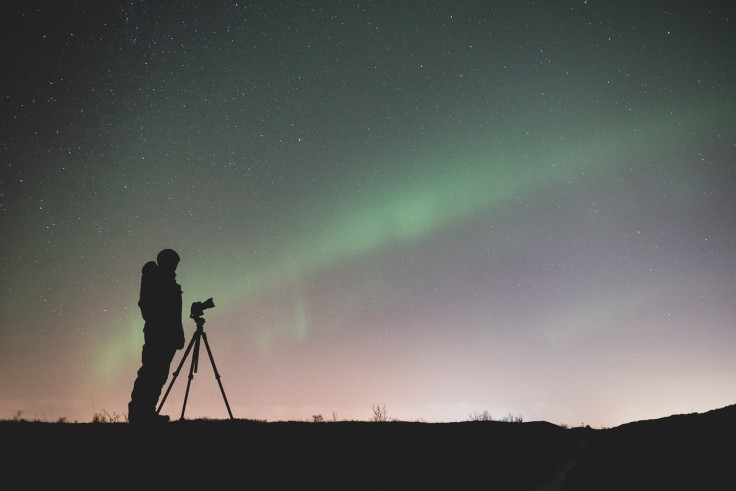Noctourism: The Rising Trend Of After-Dark Travel In 2025

As travelers increasingly seek unique experiences away from the daylight crowds, "noctourism" is emerging as the latest travel craze.
Whether it's chasing a rare eclipse, diving under the stars, or capturing the quiet beauty of the night sky, this after-dark movement is quickly becoming one of the hottest trends for 2025.
The Allure of Celestial Wonders
A key aspect of noctourism is the fascination with the night sky.
Booking.com's global survey of more than 27,000 travelers found that nearly two-thirds of participants are drawn to "darker sky destinations" for activities like stargazing (72%) and watching rare cosmic events (59%), reports CNBC.
More Than Just Stargazing
While the majority of noctourism activities are sky-related, many are grounded in unique nighttime experiences.
Luxury travel company Wayfairer Travel reports a 25% rise in noctourism bookings, with popular requests ranging from Northern Light viewings in Norway and Iceland to night diving in Australia's Great Barrier Reef. Travelers are also seeking nocturnal wildlife safaris in Zambia and Kenya or stargazing in the Atacama Desert in Chile.
"Noctotourism is set to transform travel in 2025 as night owl travelers are increasingly seeking unique after-dark experiences," Wayfairer Travel's CEO Jay Stevens said.
Closer to home, destinations like Hawaii are embracing noctourism, with hotels offering stargazing activities.
Eclipse Chasing: A New Bucket List Item
One of the most exciting developments in noctourism is eclipse chasing. Luxury travel operator Scott Dunn predicts that this celestial event could soon become a "bucket list" experience for travelers.
According to a spokesperson from Scott Dunn, Greenland's High Arctic is poised to become a must-visit destination due to its pristine skies, perfect for celestial spectacles.
The next total lunar eclipse will take place on March 14, and will be visible across much of the world, including the Americas, Western Europe, and Western Africa, according to NASA.
Personal Experience
For some, noctourism is not just about the destination but the experience of the quiet beauty of the night. Rebecca Douglas, a professional photographer from Kent, the U.K., has embraced noctourism in a personal way.
Specializing in photographing the night sky, she travels annually to Finland, Norway, and Iceland to capture the Northern Lights, but also ventures into the English countryside to photograph the aurora borealis.
As the current solar cycle reaches its 11-year peak, the auroras are expected to be even more vivid over the next four years.
Douglas makes sure to steer clear of large group tours that often disrupt the experience with light pollution from the bright flashes of smartphones and cameras.
An early adopter of the trend, Douglas extends her passion to capturing rare phenomena like noctilucent clouds and polar stratospheric rainbow clouds, often shooting from 8 p.m. to 5 a.m. in frigid temperatures as low as 5 degrees Fahrenheit.
"They say you have to work hard for your art," says Douglas. But to her, it is "a privilege."
© Copyright IBTimes 2024. All rights reserved.





















